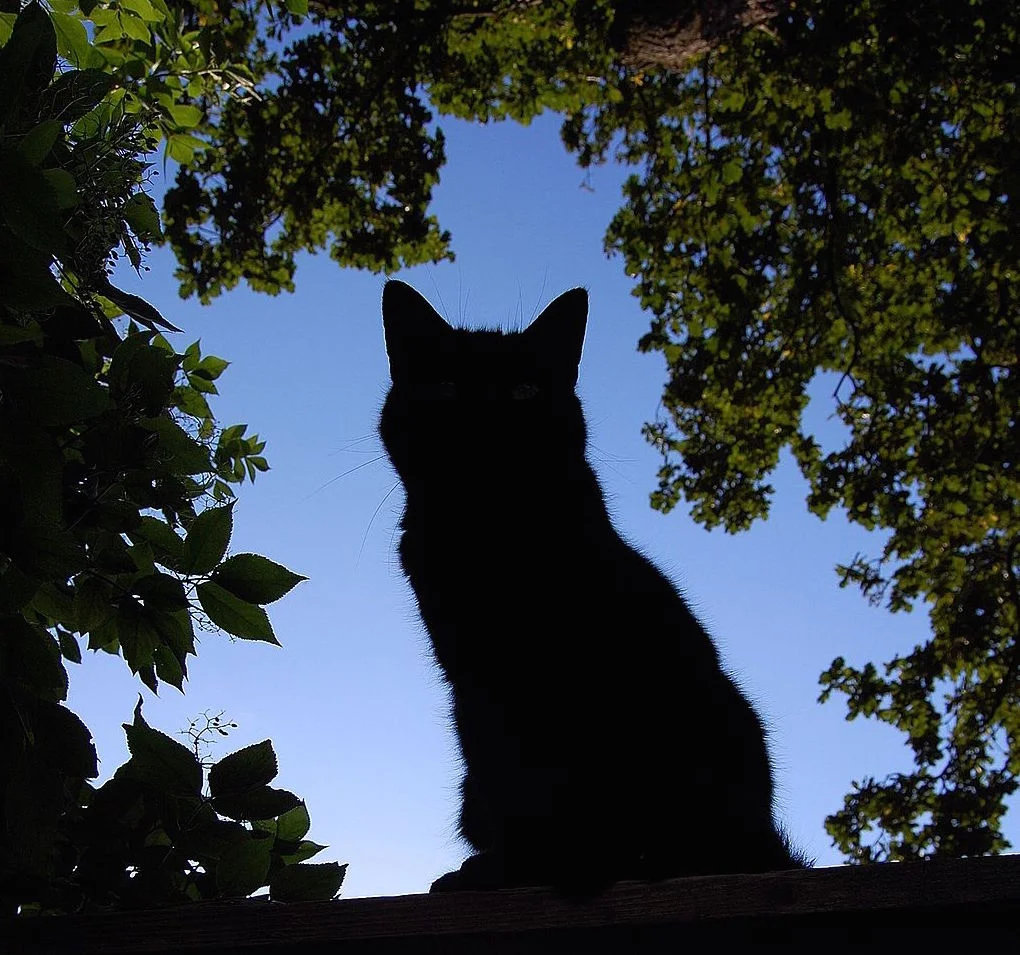The last apartment I lived in with my parents was nestled on a gently-sloping hill and set back from the busy boulevard below. An ocean of concrete - or so it seemed in my eight-year-old mind - separated us from our neighbors across the street.
Though we lived in the top unit, our “home” was largely flooded with darkness, literally and figuratively. The growing distance between my parents could not be bridged by forced smiles and perfunctory greetings. During the brightest of days, scarcely a beam of light wedged its way through the slit-wide windows in our bedrooms and in the living room.
Our main source of natural light was a street-facing balcony to the east. A large rectangle of light above the balcony’s ledge was broken up by a matrix of 12 wooden squares that served as outdoor shelving. Perhaps in an attempt to breathe life into our home, my folks arranged small potted plants inside some of the squares. Each morning when the light steamed through, the wooden squares and plants cast dramatic shadows that stretched across the kitchen floor.
One Saturday morning, a new shadow appeared in one of the wooden squares. It was the size and shape of a baby lion. I startled and looked up from my Lincoln Logs to see the frozen silhouette of a cat perched inside the lower left square.
I drew slightly closer to the cat and stared with wonderment at her for several minutes. All the while the feline figure sat motionless, staring out at the street. Then, just as soon as I wondered why any living thing would visit this place, the shadow disappeared and light filled the empty square.
Next morning the cat appeared again, assuming the exact same posture within her adopted square. Was she sending us a message? Was she the missing letter in our unsolvable family crossword puzzle? “Kitty” lingered a bit longer this time, then quickly gazed over her shoulder at me before diving out of her square into the urban abyss.
In the coming weeks, Kitty often appeared in the same way, spending more and more time in her square and studying us more readily. Mom and dad took notice long enough to stop bickering, fill a saucer with warm milk and place it on the kitchen floor.
Moo juice was not enough to entice her down from her safe place, at least not while all of us were watching. In one of my rare moments of assertiveness as a child, I suggested that we retreat to the hallway and watch from there. On the third morning we offered milk, Kitty jumped down from her square into the kitchen and lapped it up. Mom and dad and I giggled with delight. The darkness was shattered.
The very next day, I poured the milk and watchfully waited. Kitty didn’t show. Shenever came by again.
We never knew what became of her. Heartbroken, I wondered what we could have done to bring her back, even if it was just for a few minutes each day - long enough to preserve the illusion that we were a family; long enough to take some of the pain away.
Kitty’s “square” remained empty. My folks thought it best to fill that space with another plant, but I adamantly refused. That space was meant for Kitty alone.
Several months later, mom and dad split for good. I thought about Kitty for a long, long time. I loved her for visiting us when she did, then hated her for leaving - as if she had the power to hold my family together.
Many years passed. My parents re-discovered love with others, remarried and wove families together from disparate pieces of cloth. I grew up practicing love at arm’s length with several women before I surrendered to the strongest and tenderest part of me and pledged eternal love to my wife.
Though Kitty and I never touched, cuddled or kissed, her presence pierced my heart and scratched out a parable for the ages: to forge a family, everyone has to be ready to love . . .
. . . and willing to be loved.

